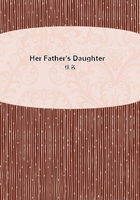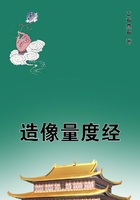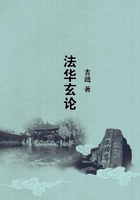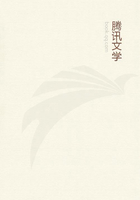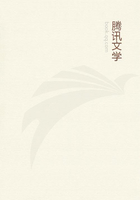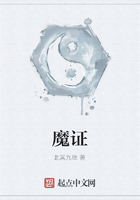Thus,the Chartists were not hearty,even in the anti-Corn-law agitation.They did not see that a rise of profits was at all for their benefit.They held,as Mill observes,that whatever profit was gained would go to their masters.On the other hand,they did not admire the new Poor-law.They thought that,as Cobbett had told them,it robbed them of their rights,and did not object to having small sinecures.National education,however desirable,did not seem worth a struggle till they had got higher wages.
Then,as Mill again admits,they would not see that the competition which injured them was their own competition,and due to their disregard of Malthus.They objected to competition in general,which meant,as they thought,the grinding down of their class by the wicked capitalist.Mill remarks that Owen was not really opposed to rights of property;and one of his recommendations is that the law of partnership should be reformed so as to facilitate the growth of cooperative societies.Even if this failed,it would tend to educate the poor in sound economic principles.Meanwhile,however,the principles of their actual leaders were anything but 'sound.'Mill incidentally speaks of the,Oastlers and Stephenses,as representing only the worst class of the 'operative Radicals.'Oastler was at this time conspicuous for his support of the factory legislation.He was allied with Lord Ashley,and represented the alliance of Socialism with Toryism or 'New Englandism.'Now the factory legislation,which naturally seemed to the working classes the greatest step towards a recognition of their interest,is not mentioned by Mill,and for the good reason that he and his school were opposed to it on principle.He refers incidentally to measures such as the Eight Hours Bill as belonging to the quack schemes of reform.(33)Briefly,the difficulty was that the working classes were already looking in the direction of Socialism,and that Mill remained a thorough individualist.With his sanguine belief in the power of education,he thought,with a certain simplicity,that the Owenites,with whose ultimate views he fully sympathised,might be taught to give up their crude political economy.Their education required more time and labour than he imagined.
This indicates a critical point.The classes which had been disappointed by the Reform Bill,and had hoped for great social changes,were discontented,but looked for remedies of a very different kind from Mill's.They could not see a philanthropy which was hidden behind Malthus and Ricardo,and which proposed to improve their position by removing privileges,indeed,but not by diminishing competition.If this applied to Mill,it applied still more to his friends.They represented rather intellectual scorn for old prejudices and clumsy administration than any keen sympathy with the sufferings of the poor.The harsher side of the old Utilitarianism was,therefore,emphasised by them,and Mill's attempts to enlarge and soften its teaching were regarded by his allies with a certain suspicion.They thought that his sympathy with the Socialist ends implied a tendency to look too favourably upon its means.The articles upon Bentham and Coleridge,(34)in which he tried to inculcate a wider sympathy with his opponents,scandalised such friends as Grote,and he ceased to represent even his own allies.Philosophical Radicalism died out.Its adherents became Whigs,or joined the Cobden form of Radicalism,which was the very antithesis of Socialism.Their philosophy suited neither party.To the class which still retained the leading position in politics,they appeared as destructives;and to the classes which were turning towards Chartism,they appeared as the most chilling critics of popular aspiration.The Free-trade movement,which was gathering strength as the manufacturing interest grew stronger,had no doubt an affinity for one important part of their teaching.But such men as Cobden and Bright,though they accepted the political economy of the Utilitarians,could not be counted as products or adherents of the Utilitarian philosophy.The agreement was superficial in other respects,though complete in regard to one important group of measures.This marks an essential point in Mill's political and social doctrine.For the present,it is enough to note that the philosophical Radicals who had expected to lead the van had been left on one side in the political warfare,and by 1840were almost disbanded.Grote,the ablest of Mill's friends,retired from parliament to devote himself to his History of Greece about the same time as Mill set to work upon the completion of his Logic.

